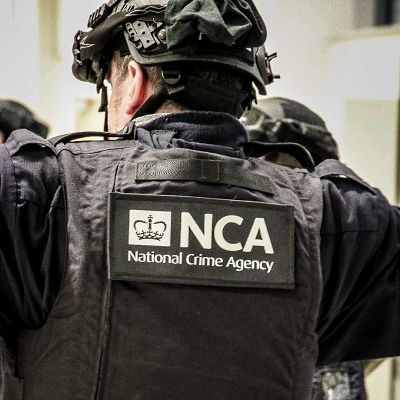London, (Asian independent) Nine Indian-origin members of a crime group in the UK received Serious Crime Prevention Orders (SCPO) to limit their ability to engage in serious and organised crime.
The group was recently convicted for removing 15.5 million pounds from the UK to Dubai hidden in suitcases, as well as attempting to smuggle 17 migrants into the country.
Swander Dhal (38), Jasbir Kapoor (36), Diljan Malhotra (48), Charan Singh (46), Valjeet Singh (35), Jasbir Dhal Singh (33), Jaginder Kapoor (48), Jacdar Kapour (51) and Amarjeet Alabadis (32) received lengthy prison sentences in addition to the recent SCPOs.
The terms of their SCPOs include restrictions on finances, assets, bank accounts, and the purchase of international travel tickets, the National Crime Agency (NCA) said on Tuesday.
The terms will come into effect once the offenders have served their jail sentences.
The nine British Indians were part of a 16-member group who were given jail sentences totalling more than 70 years for their involvement in international money laundering and people smuggling in the UK in September last year.
The group, led by ‘ringleader’ Charan Singh, was said to have smuggled around 70 million pounds in cash out of the UK, making hundreds of trips to Dubai between 2017 and 2019.
Following a three-day sentencing hearing at Croydon Crown Court, Valjeet Singh got 11 years, while trusted lieutenant Swander Singh Dhal got 10 years for money laundering and an additional five years for people smuggling.
Charan Singh from Hounslow, was handed a 12-and-a-half-year jail term, NCA reported earlier.
SCPOs are part of the NCA-managed ancillary orders to limit opportunities for criminals to engage in illegal activity and also make offenders less attractive to organised crime gangs looking to re-recruit or work with them after they have served prison sentences.
The NCA on Tuesday published an updated list of these ancillary orders, used to support the lifetime management of serious criminals and prevent future offending.
Over the last year, 24 individuals have been issued with ancillary orders, many of which will come into force once the offender has left prison.
“Ancillary orders are vital, allowing us to prevent future offending through a wide variety of means. Many career criminals return to lives of organised crime following their stint in prison, believing themselves to be beyond the reach of the law,” Alison Abbott, Head of the NCA’s Prison and Lifetime Management Unit, said.
“Part of the power of these orders is that they make offenders toxic to other criminals, who are reluctant to engage with individuals who are being actively monitored.”
The NCA said in a statement that publishing data on criminals who are subject to these orders enables other organisations and the public to report breaches.
Apart from SCPOs, other ancillary orders include Slavery and Trafficking Prevention Orders, Financial Reporting Orders, and Travel Restriction Orders.









